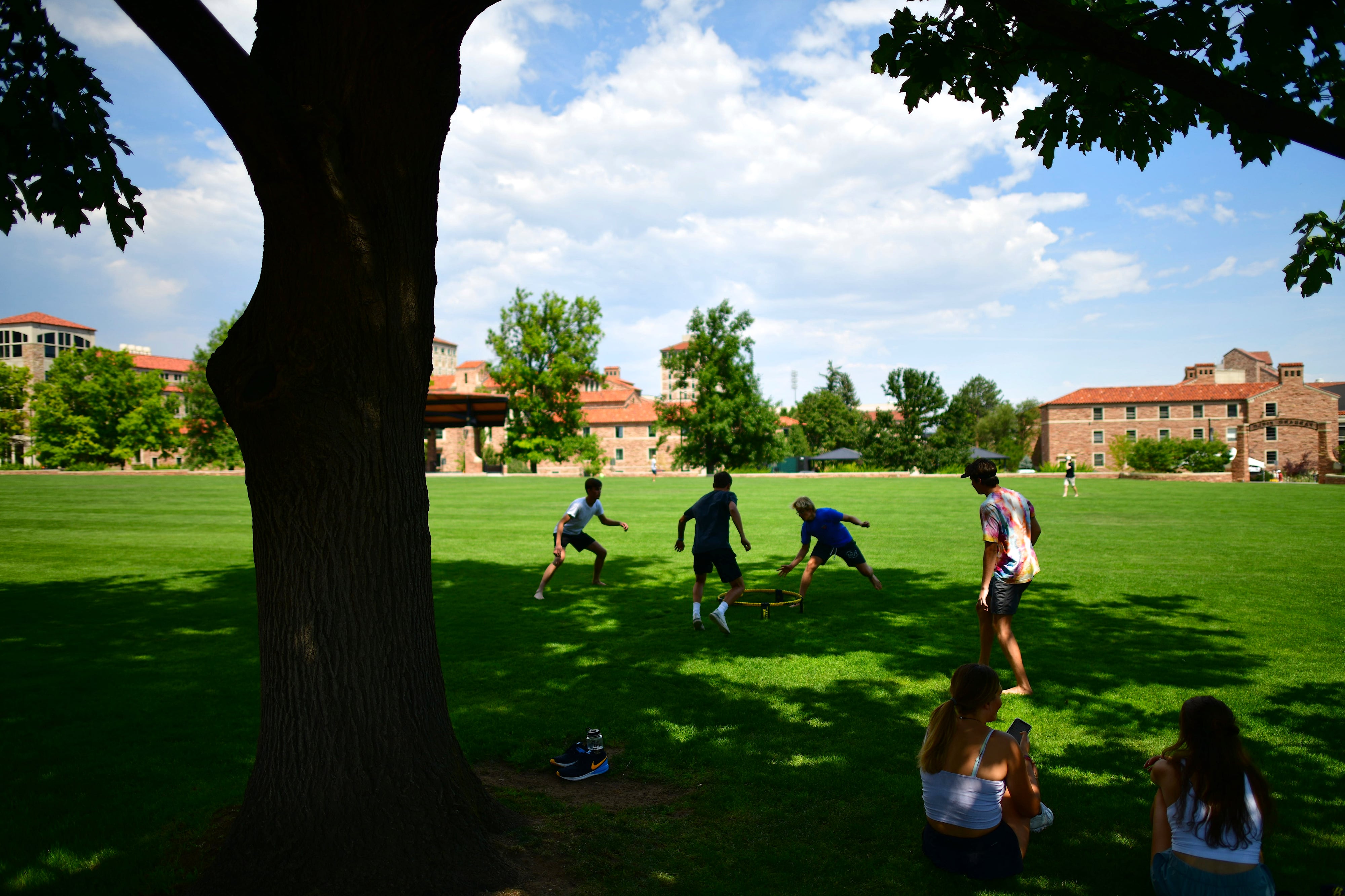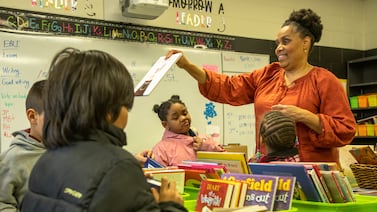When Ariana Rodriguez applied to Colorado colleges, what stood out to her was how little she could find about people like herself— a Latina and first-generation college student.
Campus tours and Google searches yielded scant information about how Colorado would embrace her, she said. She looked for diversity rates, programs, and scholarships.
“I didn’t feel welcome,” she said. “So why would I want to go?”
In May, Colorado lawmakers passed a law banning legacy admissions at public universities, a change that advocates said will help low-income and first-generation students better perceive schools as open to them. They also see the ban that will prevent colleges from favoring applicants with family ties to the school as leading to more conversation about how to get students to college.
Clearly, there’s more to getting to college than just how students view a campus.
Students like Rodriguez face cultural and financial barriers that can hold them back from enrolling at a school.
Shirkeelie Gray, 20, said she went to community college because the cost of going to a four-year in Colorado was prohibitive. She made the decision after talking with her family, not a counselor.
She will start at the University of Colorado Denver in the fall to pursue a political science degree.
Gray said each student individually decides when and where to go to college. She thinks schools should look inward at what’s keeping students from fulfilling their dreams.
Janiece Mackey, the founder of Denver-area yaaspa, said legacy admissions presented only a small barrier. She said most of the students she works with at the nonprofit, which helps students become civically and politically engaged, don’t think about legacy admissions. Rodriguez, for instance, didn’t even know what the phrase meant.
Instead, Mackey said, students see debt as the biggest barrier. And she wants colleges to understand students need individualized support that sometimes ranges from trying to understand the campus to helping with family issues. Students need to learn at an early age what options make the most sense for them financially, Mackey said, including hearing that community colleges are a viable option.
Rodriguez, 18, who graduated from Aurora’s Vista Peak Preparatory, eventually chose to enroll thousands of miles away at Pace University in New York City because staff there made her feel as if she belonged. When they reached out to her, they immediately explained the services they provided for students who were the first in their family to go to college. They offered her scholarships.
She felt welcome.







